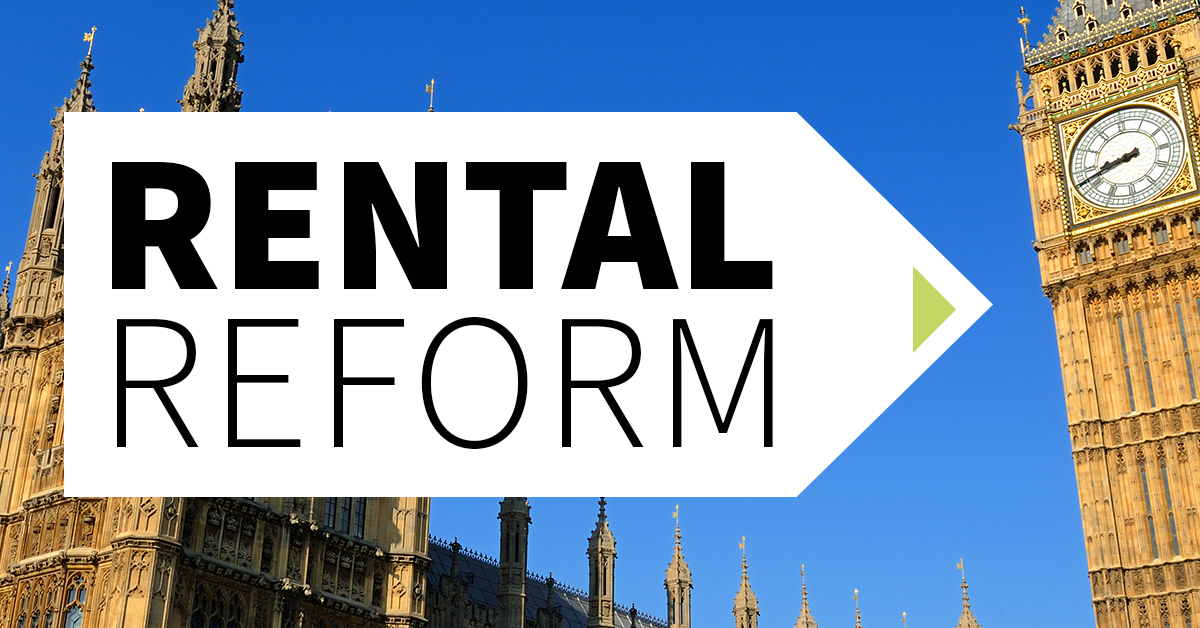The courts are taking more than half a year to process possession claims, according to new research.
New data released by the Ministry of Justice (MOJ), reveals it takes an average of almost 29 weeks between a private landlord making a legitimate possession claim to the courts and actually getting the property back. The figures also show it takes an average of more than 11 weeks for a private landlord to make a repossession claim to them to secure an order to do so from the courts.
Court delays are too long
The government recently announced plans that Section 21 will be shelved until the court system has been improved. However, Shelter argues there “is no excuse” for delaying Section 21 and no-fault evictions are a major factor in rising homelessness.
The NRLA hit back and argue court delays are too long, especially when tenants might be continuing to commit anti-social behaviour or failing to pay their rent over this period.
The organisation is calling for swift action to tackle the court backlog along with a proposed digitised system for handling cases.
Little to no action has been taken
Ben Beadle, chief executive of the National Residential Landlords Association, said “responsible landlords and tenants need to be confident that the courts will handle possession cases swiftly and fairly when section 21 goes. At present that is not happening. Ministers have been warned for many years that improvements to the justice system have been needed. It is disappointing therefore that little to no action has been taken to address this so far. The government needs to get on and build confidence in the ability of the courts to handle legitimate possession cases.”
Huge changes for renters confirmed - but no-fault eviction ban delayed
The "once in a generation" Renters Reform Bill will be going ahead - but for now, it won't live up to the promises it originally pledged. King Charles III announced last week that the Renters' Reform Bill would be carried through Parliament ahead of the next year's General Election. However, the bill has been significantly watered down compared to its original form.
The long-awaited ban on no-fault evictions - which was a 2019 Tory manifesto promise and the backbone of this Bill - will only be brought in after a series of improvements are made in the legal system. Currently, landlords can evict tenants who are not on fixed-term contracts without giving a reason, under legislation known as Section 21. Campaigners have said this.
The Housing Secretary Michael Gove first made this announcement last month after Tory MP landlords were rumoured to be blocking the bill in a bid to delay it. The Housing secretary was also believed to be facing a major revolt from Tory MPs who were landlords. Between 30 and 80 Conservative backbenchers are reportedly thought to privately oppose the legislation.
However, the Government said the Renters Reform Bill, which includes a range of other measures, would support around 11 million private renters and around 2.3millions landlords in England. In his address to Parliament, King Charles said "renters will benefit from stronger security of tenure and better value, while landlords will benefit from reforms to provide certainty that they can regain their properties when needed."
Shadow Housing Secretary Angela Rayner said the Government was actually "betraying" renters with a "grubby deal" with Tory backbenchers. "The Conservatives’ long-promised ban on no fault evictions has majority and cross-party support across the House, but this flip-flop kicks it into the long grass. Having broken the justice system, they are now using their own failure to indefinitely delay keeping their promises to renters in the most underhand way."
Alongside the eventual ban on no-fault evictions - the King's speech promised to include the following measures under the rental reform bill.
The Bill will also make it easier for landlords to recover properties when they need to. It was confirmed today that reforms will "broaden" the disruptive and harmful activities that can lead to eviction and make it quicker to evict a tenant acting anti-socially.
Notice periods are to also be shortened for tenants who break their tenancy agreement such as missing repeated rent payments or have caused severe damage to the property. According to the Government, this could be as little as two weeks. New repossession rights will also be introduced for landlords who want to sell their property or want to move themselves or family members into it.
Alongside the Bill, the Government said it is working to speed up the court process around repossession of properties, and said both landlords and tenants will be engaged in the process to ensure the system is as straightforward and efficient as possible.
Las weeks speech also promised to bring forward amendments to the Bill including protections for the student market, and making it illegal to have blanket bans on tenants who are on benefits or have children. The Government said the latter would protect against discrimination while leaving landlords with the final say on who they rent to.

